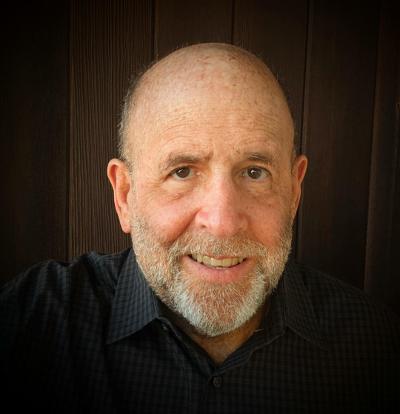Andrew Malekoff
Earlier this month, U.S. Surgeon General Dr. Vivek Murthy reported that the COVID-19 pandemic has led to a devastating increase in “feelings of helplessness, depression, and thoughts of suicide” in young people.
In fact, between 2019 and 2021 rates of depression and anxiety have doubled. This is especially distressing news considering that just prior to the arrival of COVID-19, 1 in 5 children ages 3 to 17 in the U.S. were identified as having a serious mental health problem.
In the decade leading up to the pandemic the proportion of high school students who reported persistent feelings of sadness or hopelessness increased by 40%, to more than 1 in 3 students.
Suicidal behaviors among high school students increased, with 19% seriously considering attempting suicide, a 36% increase from 2009 to 2019, and about 16% having devised a suicide plan in the prior year, a 44% increase from 2009 to 2019.
It is not a surprise that these conditions in young people have intensified during the pandemic. The good news, Murthy emphasized, is that the mental health challenges today’s youth face are preventable and treatable.
Among Murthy’s recommendations in his recently published 53-page Protecting Youth Mental Health report, is one that can be implemented universally and without delay; namely, expanding screening for adverse childhood experiences.
Adverse childhood experiences (ACEs) are associated with every major chronic illness and social problem in the United States.
ACEs refers to risk factors in a child’s life including but not limited to poverty, homelessness, child abuse and neglect, living with parents with mental illness or addiction, interpersonal violence in the family, community violence, and loss of a parent through separation, divorce, abandonment or death.
Surgeon General Murthy cautions that ACEs “can undermine a child’s sense of safety, stability, bonding, and wellbeing [and] may lead to the development of toxic stress, which can cause long-lasting changes, including disrupting brain development and increasing the risk for mental health conditions and other health problems such as obesity, heart disease, and diabetes, both during and beyond childhood as well as for future generations.”
We can now add the COVID-19 pandemic to the ACEs list, especially when parental unemployment, food insecurity, serious illness and death enter into the picture.
The National Institutes of Health reported that more than 140,000 U.S. children lost a primary or secondary caregiver due to the COVID-19 pandemic from April 1, 2020 through June 30, 2021.
“Children facing orphanhood as a result of COVID is a hidden, global pandemic that has sadly not spared the United States,” said Centers on Disease Control researcher Susan Hillis. “All of us – especially our children – will feel the serious immediate and long-term impact of this problem for generations to come. Addressing the loss that these children have experienced – and continue to experience – must be one of our top priorities, and it must be woven into all aspects of our emergency response, both now and in the post-pandemic future.”
Timely screening for ACEs opens the door for implementing prevention and early intervention strategies, including reinforcing and building protective factors such as supportive adult and peer relationships, which are essential to fostering resilience in the face of toxic stress.
Screening for ACEs is not a complicated process at all. It can be implemented and scored by pediatricians, school health and guidance personnel, or local mental health agency staff. The ACEs screening instrument is a validated and easily accessible screening tool designed to rapidly identify those who are at the highest risk by assessing for adversity, toxic stress and protective factors that can help to mitigate against poor outcomes.
Presently, California leads the way in ACEs education and screening. For more information on ACEs and to learn more about California’s ACEs Aware initiative, a first-in-the nation screening effort, go to: https://www.acesaware.org/
You can be a part of the solution by taking a look and then sharing with your local school district, pediatrician or mental health provider.
____________________
You can find Surgeon General Murthy’s full advisory – Protecting Youth Mental Health, at: surgeon-general-youth-mental-health-advisory.pdf (hhs.gov)



